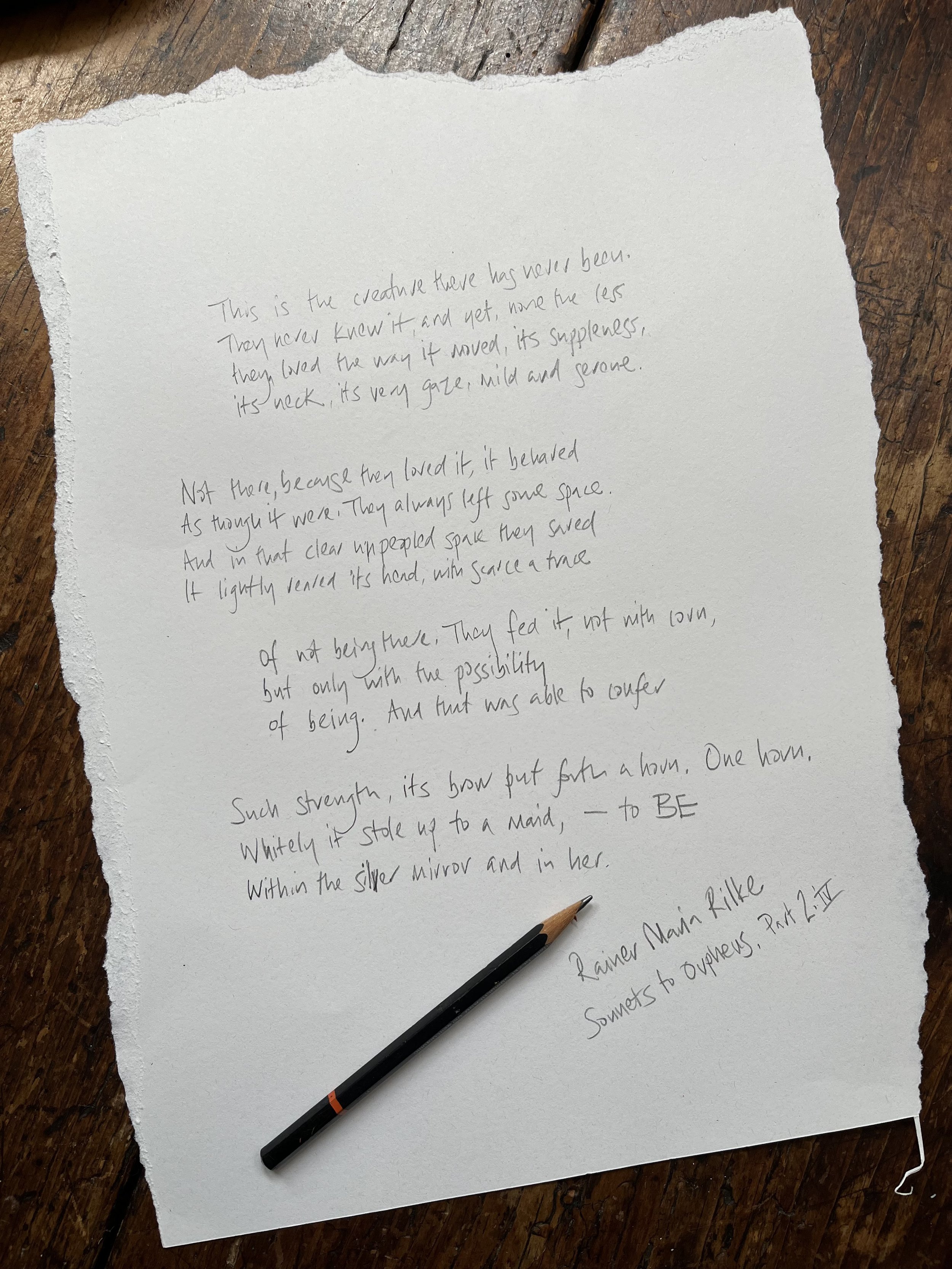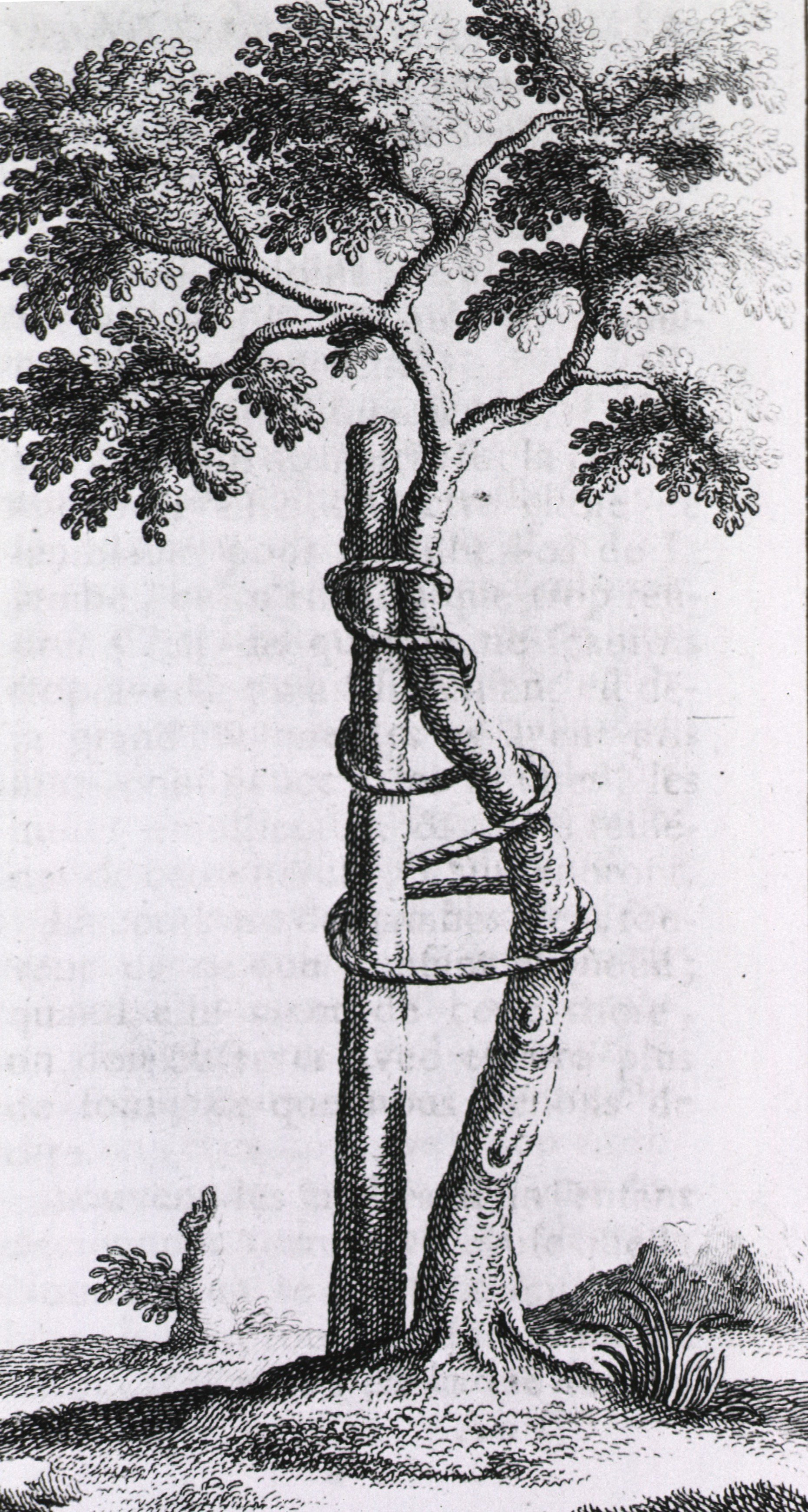
depth psychotherapy and art psychotherapy
It is at the core of the places we feel most ‘wrong’ that the most deeply longed for ‘right’ resides.
Our sufferings and symptoms are not simply aspects of ourselves to overcome, but indicators that something important to us is not yet known. I work with an attitude of radical inclusivity to all aspects of experience, for I have witnessed again and again how this honouring of ALL things allows a doorway to open. A doorway through which we find the authority to embrace our authentic, unique, creative and more complete selves.
depth psychotherapy
art psychotherapy
Contact me.
Tell me a little bit about yourself via the contact form or email me directly at: mimipotworowska@icloud.com


